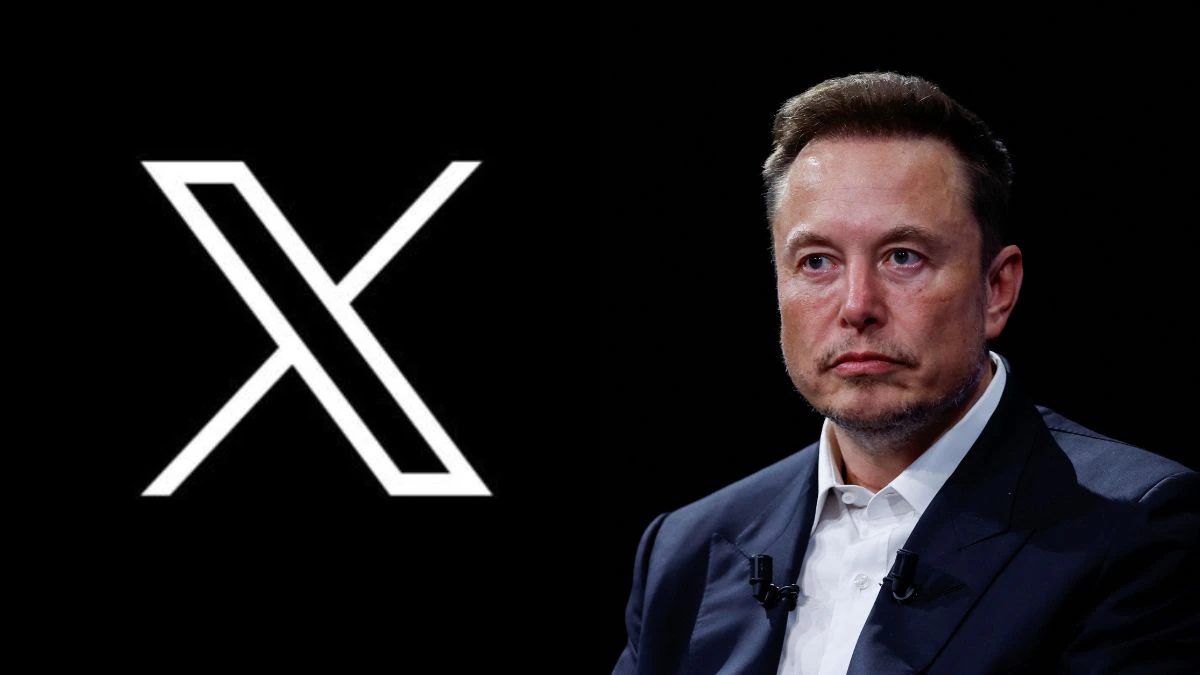|
Getting your Trinity Audio player ready...
|
To many critics, OpenAI’s latest decision to restructure as a for-profit benefit corporation signals a final betrayal of the company’s founding ideals. One of those critics is Elon Musk, whose early investment of $45 million in 2015 helped launch the company. However, Musk has since distanced himself from OpenAI, resigning from the board and now suing the organization for what he sees as a violation of its original mission.
Musk’s Legal Battle With OpenAI
In two lawsuits filed this year, one in March and another in August, Musk claims that OpenAI’s leadership, including CEO Sam Altman and President Greg Brockman, have violated the terms of the venture’s founding agreement. According to Musk, OpenAI was initially created as a non-profit focused on the ethical development of artificial intelligence for the benefit of humanity.
In the second lawsuit, Musk’s legal team asserts, “Altman assured Musk that the non-profit structure guaranteed neutrality and a focus on safety and openness for the benefit of humanity, not shareholder value. But as it turns out, this was all hot-air philanthropy—the hook for Altman’s long con.”
This “long con,” according to Musk, is reflected in OpenAI’s shift toward profitability. While the organization officially became a for-profit entity in 2019, the leadership had maintained a semblance of its non-profit roots. The company remains governed by a non-profit board, which technically holds the authority to hire or fire executives, but this is set to change.
OpenAI’s Planned Restructuring
As reported by Reuters on September 25, OpenAI plans to restructure its core business into a for-profit benefit corporation, loosening the grip of the non-profit board. Under the new model, the non-profit will retain a minority stake, but key shareholders, including Altman, will also hold equity.
This restructuring could clear the path for investors like Microsoft, which has already heavily invested in OpenAI, to receive direct equity stakes in the company. The new model would also make it easier for OpenAI to secure additional funding, with the company now seeking investment at a jaw-dropping valuation of $150 billion.
However, for Musk, this restructuring represents a fundamental betrayal of OpenAI’s founding values, with the leadership prioritizing shareholder profit over the altruistic principles it once championed.
Impact on Musk’s Lawsuit
Musk’s ongoing legal battles are closely tied to this restructuring. The billionaire argues that OpenAI’s initial agreement, even if not formally signed, created an “implied-in-fact” contract that guaranteed a specific ethical focus for the company. OpenAI has consistently denied that such an agreement exists, stating that there is no legally binding contract between Musk and the organization’s leadership.
One key factor in Musk’s lawsuit is the potential financial windfall for Altman. If the restructuring goes ahead as planned, Altman could walk away with equity worth tens of millions of dollars or more. This would sharply contrast with his public persona, which has emphasized a supposed focus on the greater good of AI development rather than personal enrichment.
Musk’s legal team is expected to seize on this, particularly in the second lawsuit, which accuses OpenAI of violating federal racketeering laws. If Altman and other executives significantly profit from the restructuring, Musk’s lawyers will likely argue it as further evidence of the leadership’s alleged dishonesty.
Also Read: Dogecoin Price Soars 5% As Whales Accumulate 1.4 Billion DOGE Amid Elon Musk’s ‘Dogefather’ Boost
The restructuring marks a significant moment in OpenAI’s trajectory, and it could have lasting effects on its public image. Once seen as a beacon of ethical AI development, the company now faces scrutiny over whether its mission remains aligned with the ideals it once championed. For Musk, the legal battles are about more than just money—they are about holding OpenAI accountable to the values that helped establish it in the first place.
As the lawsuits play out, the broader AI community will be watching closely to see whether OpenAI’s future will be defined by the pursuit of innovation for the benefit of all, or if it will become yet another tech giant driven by shareholder interests.
Disclaimer: The information in this article is for general purposes only and does not constitute financial advice. The author’s views are personal and may not reflect the views of Chain Affairs. Before making any investment decisions, you should always conduct your own research. Chain Affairs is not responsible for any financial losses.
With a keen eye on the latest trends and developments in the crypto space, I’m dedicated to providing readers with unbiased and insightful coverage of the market. My goal is to help people understand the nuances of cryptocurrencies and make sound investment decisions. I believe that crypto has the potential to revolutionize the way we think about money and finance, and I’m excited to be a part of this unfolding story.




